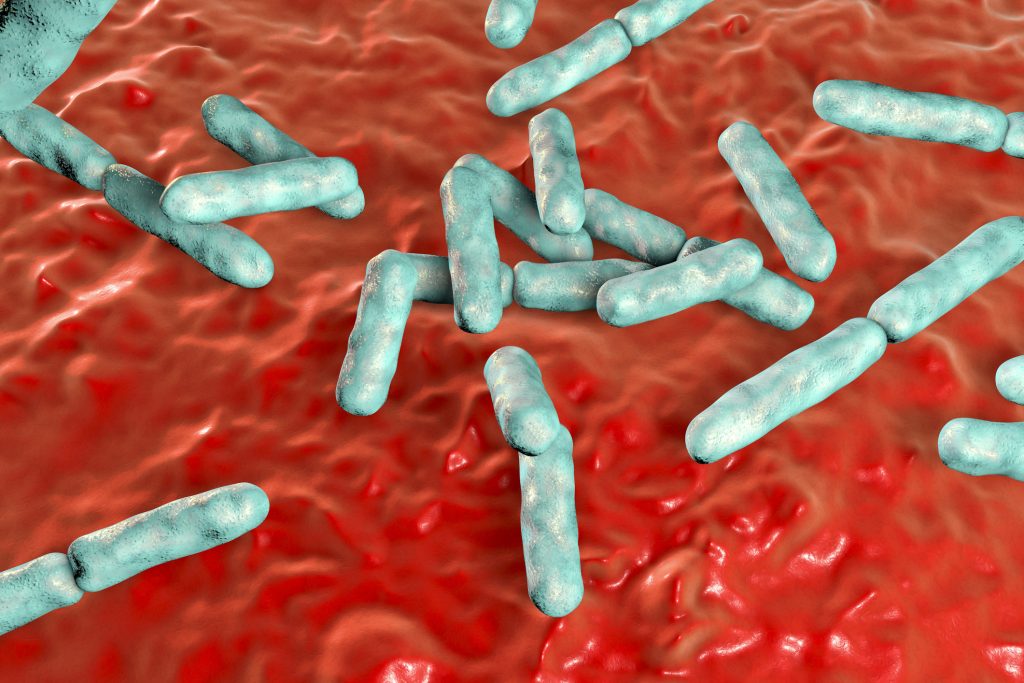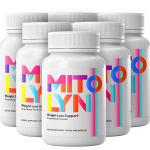
Gut health has taken center stage in the world of wellness—and for good reason. As more people begin to understand the profound impact of the microbiome on everything from digestion and immunity to mood and metabolism, probiotics have become a top-shelf supplement in many daily routines.
If you’re new to probiotics or still wondering whether they’re worth the hype, this beginner’s guide breaks down everything you need to know in 2025. We’ll explore what probiotics are, how they work, and why the right strains can offer real relief—especially for those struggling with bloating, gas, or other digestive concerns.
What Are Probiotics?
Probiotics are live beneficial bacteria that support a healthy balance in your gut microbiome. Think of them as “good guys” that help keep the “bad guys” (harmful bacteria and yeasts) in check.
While the body naturally contains probiotics, their levels can be thrown off by:
- Poor diet (especially processed foods)
- Stress
- Antibiotic use
- Lack of fiber or fermented foods
Supplementing with high-quality probiotics can help restore balance and promote smoother digestion, stronger immunity, and better overall health.
How Probiotics Work in the Gut
Inside your digestive tract is a vast ecosystem of microbes. When the ecosystem is balanced, it helps:
- Digest food properly
- Absorb essential nutrients
- Produce vitamins (like B12 and K2)
- Protect against pathogens
- Regulate mood via the gut-brain axis
Probiotics work by colonizing the gut with helpful bacteria strains, crowding out harmful microbes, and producing compounds (like short-chain fatty acids) that reduce inflammation and support gut lining integrity.
This balance is especially important for managing bloating, gas, irregular bowel movements, and food sensitivities.
Why Probiotics Matter More Than Ever in 2025
The modern lifestyle has taken a toll on gut health:
- Diets high in sugar and low in fiber disrupt microbial balance.
- Overuse of sanitizers and antibiotics strip beneficial bacteria.
- Chronic stress impairs digestion and microbial diversity.
The result? More people are experiencing persistent bloating, sluggish digestion, and immune challenges than ever before.
Fortunately, the probiotic supplement market has evolved. In 2025, we now have access to targeted, strain-specific formulas that go far beyond the generic products of the past.
If you’re looking for a great starting point, check out this expert-reviewed list of top-rated gut health supplements specifically formulated to address bloating and gas: https://www.globenewswire.com/news-release/2025/04/30/3071602/0/en/Best-Probiotics-for-Bloating-and-Gas-2025-Top-Probiotic-Gut-Health-Supplements-from-YourBiology.html
Key Benefits of Probiotics
Here are the most well-documented benefits of daily probiotic use:
- Reduced Bloating and Gas
Certain strains like Lactobacillus plantarum and Bifidobacterium lactis help break down food more efficiently, reducing fermentation and intestinal gas.
- Improved Digestion
Probiotics help balance gut flora, allowing your body to absorb nutrients better and reduce common issues like constipation or loose stools.
- Stronger Immune System
Around 70% of your immune system is in your gut. A healthier gut microbiome = better immune response.
- Enhanced Mood and Focus
Probiotics influence the production of neurotransmitters like serotonin and dopamine—critical for mental health.
- Better Skin Health
By reducing systemic inflammation, probiotics can also ease skin conditions like acne, eczema, and rosacea.
Choosing the Right Probiotic Supplement
Not all probiotics are created equal. When shopping for a supplement in 2025, here’s what to look for:
- Clinically Proven Strains
Look for supplements that include strains backed by research—like L. rhamnosus GG, B. lactis HN019, or L. acidophilus.
- Targeted Formulas
Choose a formula designed for your specific issue: digestion, immunity, skin, or mood.
- Prebiotics Included
These are fibers that feed probiotics and help them thrive. Look for ingredients like inulin or FOS.
- Proper Delivery System
To survive stomach acid and reach the intestines, probiotics should be microencapsulated or use delayed-release capsules.
- CFU Count and Diversity
A range of 10 to 30 billion CFUs (colony forming units) is often effective. More important than quantity is strain diversity.
Frequently Asked Questions
How long does it take for probiotics to work?
Some people notice benefits within a few days (especially for gas and bloating). Others may take 2–4 weeks to feel the full effects.
Can probiotics be taken long-term?
Yes. Daily use is safe for most people and often necessary to maintain microbial balance.
Are there any side effects?
Mild gas or changes in bowel habits may occur during the first few days as your body adjusts. These usually resolve quickly.
Can I get probiotics from food?
Yes. Fermented foods like yogurt, kefir, kimchi, sauerkraut, and miso are excellent sources—but supplements ensure consistent dosing and strain variety.
Simple Tips to Boost Gut Health Naturally
To get the most out of your probiotic routine:
- Eat more fiber-rich foods (especially from plants)
- Stay hydrated
- Get regular physical activity
- Manage stress with mindfulness or movement
- Limit sugar and ultra-processed foods
These habits work synergistically with probiotic supplements to create a healthier, more resilient gut.
Final Thoughts: Start Simple, Stay Consistent
You don’t need to be a nutritionist or gut health guru to experience the benefits of probiotics. The key is to start with a high-quality product, stick to a daily routine, and support it with basic lifestyle habits.
In 2025, there’s no reason to live with chronic bloating, gas, or unpredictable digestion. With the right probiotic, you can take back control of your gut and support whole-body wellness from the inside out.
For beginners looking for trustworthy options, the supplements featured in this roundup are an excellent place to start: https://finance.yahoo.com/news/best-probiotics-bloating-gas-2025-154700265.html





